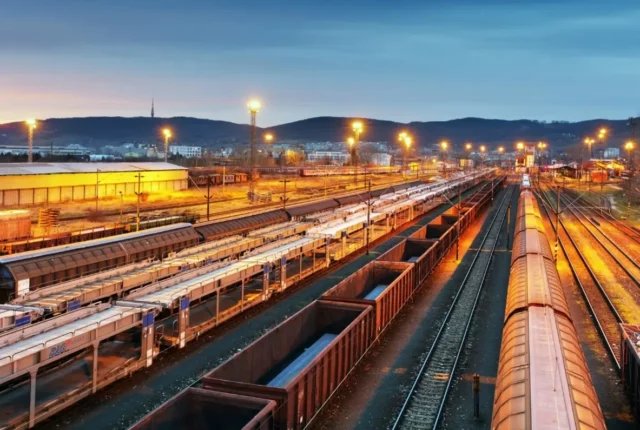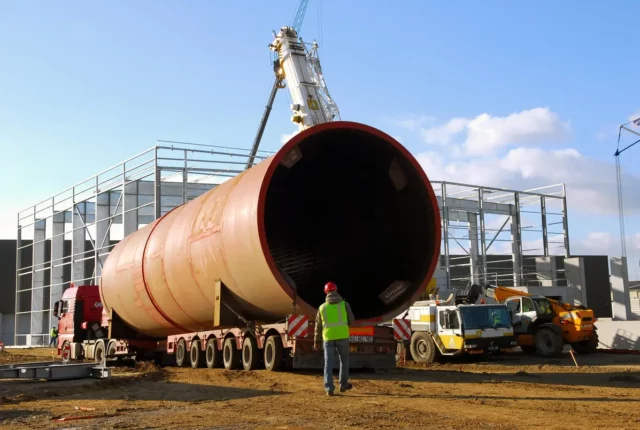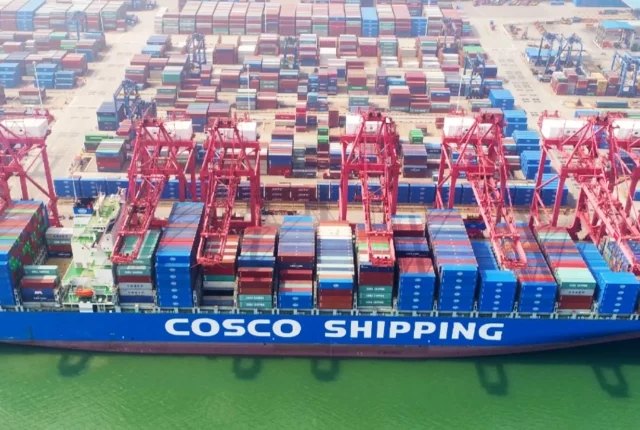
The Role of Artificial Intelligence in Road Freight Optimization
The logistics industry plays a vital role in the global economy, ensuring the efficient movement of goods from one place to another. With the constant demand for faster and more cost-effective transportation solutions, the role of artificial intelligence (AI) in road freight optimization has become increasingly prominent. By harnessing the power of AI, businesses can streamline their operations, minimize costs, and enhance overall efficiency. In this article, we will delve into the various aspects of AI in road freight optimization, exploring its applications, benefits, and potential challenges.
The Role of Artificial Intelligence in Road Freight Optimization
Artificial Intelligence (AI) is revolutionizing the field of road freight optimization, offering unprecedented opportunities to transform traditional logistics processes. By leveraging AI technologies, logistics companies can optimize their supply chains, improve route planning, enhance load allocation, and reduce operational costs. Let’s explore how AI is reshaping the road freight optimization landscape.
AI-Powered Route Planning and Optimization
With AI, logistics companies can optimize their route planning, enabling them to find the most efficient and cost-effective paths for transporting goods. AI algorithms analyze various factors such as traffic patterns, weather conditions, fuel consumption, and delivery deadlines to determine the optimal route. By minimizing detours and reducing idle time, AI-powered route planning can significantly improve delivery times and reduce transportation costs.
Smart Load Allocation and Consolidation
AI algorithms enable logistics companies to optimize load allocation and consolidation. By analyzing historical data, real-time demand, and available resources, AI can determine the optimal allocation of goods across different vehicles, minimizing empty space and maximizing capacity utilization. This intelligent load allocation reduces the number of trips required and lowers fuel consumption, resulting in substantial cost savings and improved operational efficiency.
Real-Time Tracking and Monitoring
AI-powered tracking and monitoring systems provide real-time visibility into the location and condition of goods during transit. By integrating IoT (Internet of Things) devices, such as GPS trackers and sensors, with AI algorithms, logistics companies can monitor variables like temperature, humidity, and vibration. This real-time data allows businesses to identify and resolve potential issues promptly, ensuring the quality and integrity of the transported goods.
Enhanced Safety and Security
AI technologies contribute to improving safety and security in road freight transportation. AI algorithms can analyze data from various sources, including traffic cameras, weather sensors, and historical accident data, to identify potential risks and hazards. This information enables logistics companies to proactively implement safety measures, such as rerouting vehicles to avoid accident-prone areas. Additionally, AI-powered video analytics systems can enhance security by detecting and alerting to suspicious activities or unauthorized access to cargo.
FAQs (Frequently Asked Questions)
What are the benefits of using AI in road freight optimization?
AI brings numerous benefits to road freight optimization, including improved route planning, optimized load allocation, reduced operational costs, enhanced safety, and real-time tracking. By leveraging AI technologies, logistics companies can achieve greater efficiency, better customer satisfaction, and increased profitability.
How does AI improve route planning in road freight transportation?
AI analyzes various factors like traffic patterns, weather conditions, and delivery deadlines to determine the most efficient and cost-effective routes. By minimizing detours and idle time, AI-powered route planning improves delivery times and reduces transportation costs.
Can AI help in reducing operational costs in the logistics industry?
Yes, AI can significantly reduce operational costs in the logistics industry. By optimizing load allocation, minimizing empty space, and enhancing route planning, logistics companies can achieve cost savings in fuel consumption, labor, and maintenance expenses.
How does AI enhance safety and security in road freight transportation?
AI analyzes data from various sources, such as traffic cameras and weather sensors, to identify potential risks and hazards. This information allows logistics companies to proactively implement safety measures, improving overall safety in road freight transportation.
Conclusion
Artificial Intelligence is playing an increasingly pivotal role in road freight optimization, revolutionizing the logistics industry. By leveraging AI-powered technologies, logistics companies can optimize route planning, load allocation, maintenance, and enhance safety and security. The benefits of AI in road freight optimization are significant, including improved efficiency, reduced costs, and enhanced sustainability. As technology continues to advance, the logistics industry will witness further transformations, driven by the power of artificial intelligence.






